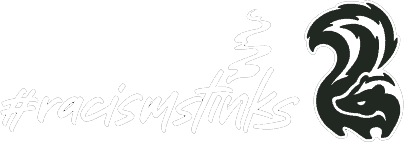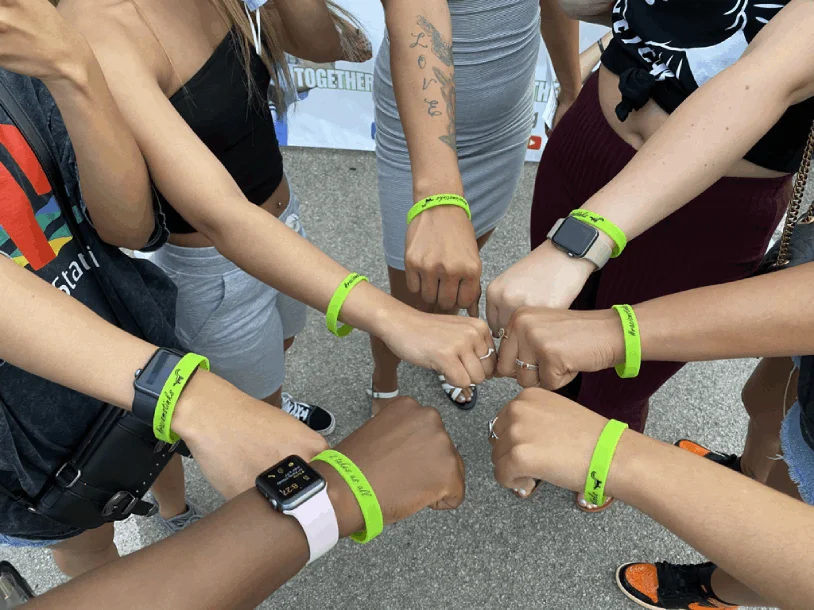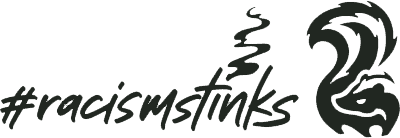DISCRIMINTATION
To discriminate against someone simply means to treat them differently, or less favorably than others, for whatever reason. Of course, discrimination is not just exclusive to the workplace and can happen in all walks of life. Anyone can face discrimination at school, at work, or in a public place. Whether it’s from school friends, teachers, coaches, co-workers, managers, or business owners, discrimination doesn’t discriminate, and no one is immune.
What Is
DISCRIMINTATION
Discrimination is the unfair or prejudicial treatment of people or groups based on characteristics such as race, gender, age, or sexual orientation.
Here are some examples of discrimination:
- Unfair treatment because of your race, color, religion, sex, sexual preference, gender identity, national origin, disability, age, or genetic information.
- Harassment by managers, co-workers, or others in your workplace, because of your race, color, religion, sex, sexual preference, gender identity, national origin, disability, age, or genetic information.
- Denial of a reasonable workplace change that you need because of your religious beliefs or disability.
- Improper questions about or disclosure of your genetic information or medical information.
- Retaliation because you complained about job discrimination or assisted with a job discrimination proceeding, such as an investigation or lawsuit.
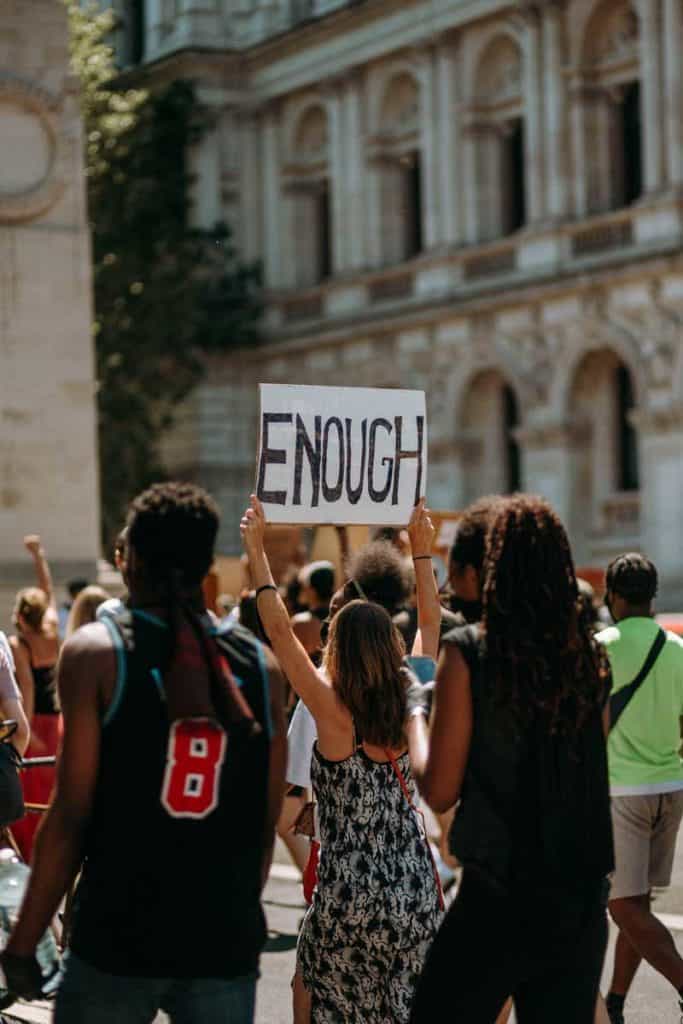
Dealing with
DISCRIMINTATION
Finding healthy ways to deal with discrimination is important for your physical health and your mental well-being.
Seek support systems
Family and friends can help to reframe your negative thoughts, and can help top counteract the toll that daily discrimination can take.
Get involved
Join like-minded groups and organizations where you can discuss your life’s journey with others that might have similar experiences. These people might be able to share how they handled certain situations that you might not have thought about.
Don’t dwell
Experiencing discrimination can be hard to just let go. People often dwell on the discrimination they have experienced because, all too often, they don’t have the tools to handle it.
Think clearly
Don’t let a bad experience lead to anger, sadness, or embarrassment. Stay calm, think clearly, and don’t respond with any language or actions that you will regret in the future.
Seek professional help
Discrimination can really affect you emotionally and is often associated with symptoms of depression. Mental health experts are skilled at helping people manage symptoms of stress and depression, and can help you find healthy ways to cope.
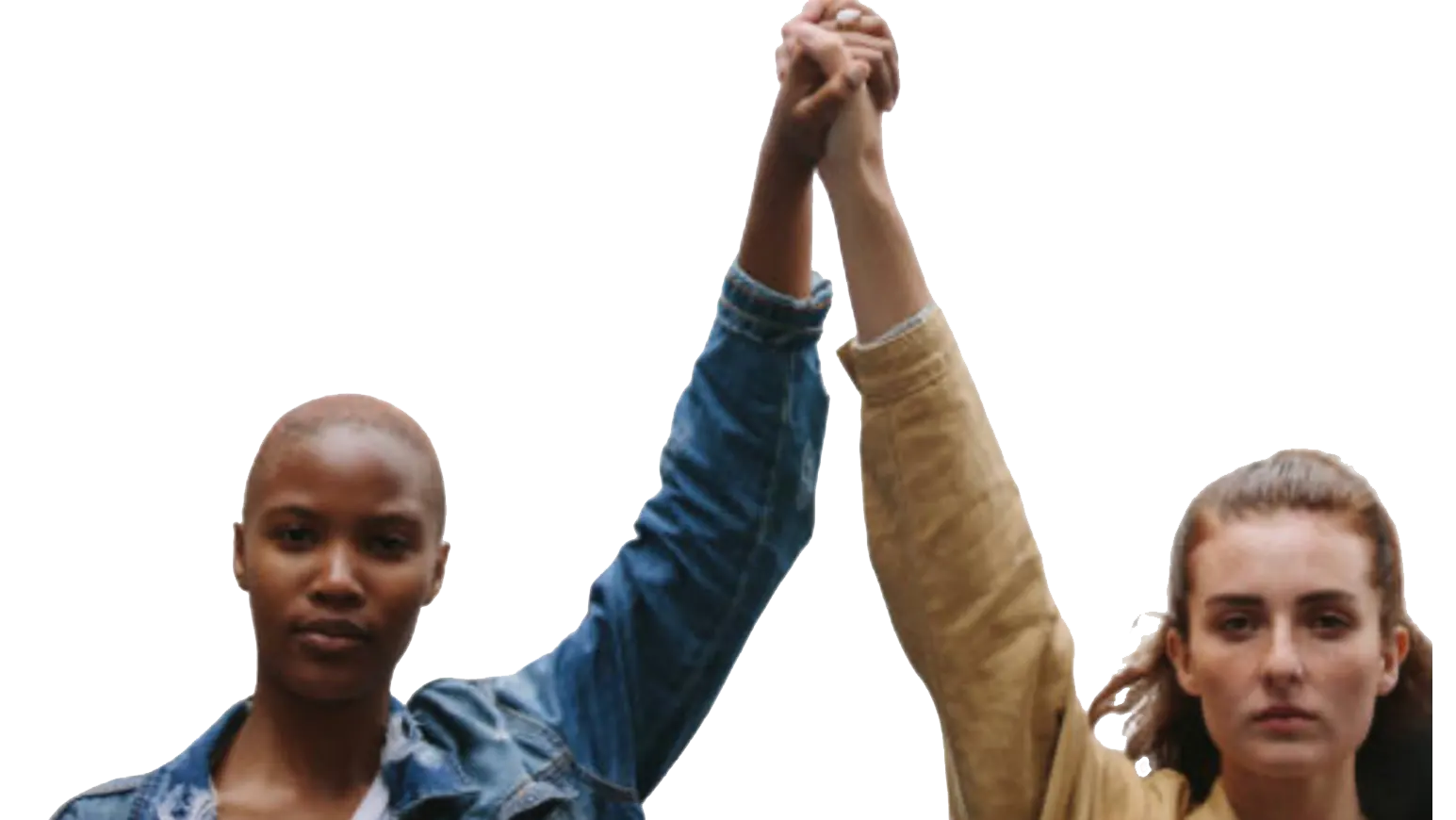

BECOME AN ALLY
An ally is someone who is more than a non-racist person, an ally is a person who takes part in activities actively working to demolish racism. An ally is not a spectator, an ally knows they’re not a savior but a supporter taking direction from the directly effected. An ally takes proactive steps to challenge racism in their sphere of influence and beyond.
REMEMBER: IT TAKES US ALL
Together, we will change the world.
Contact us today to find out how you can get involved with #racismstinks.
